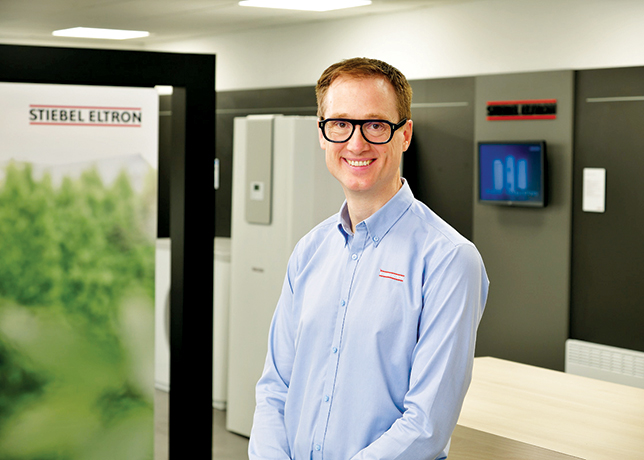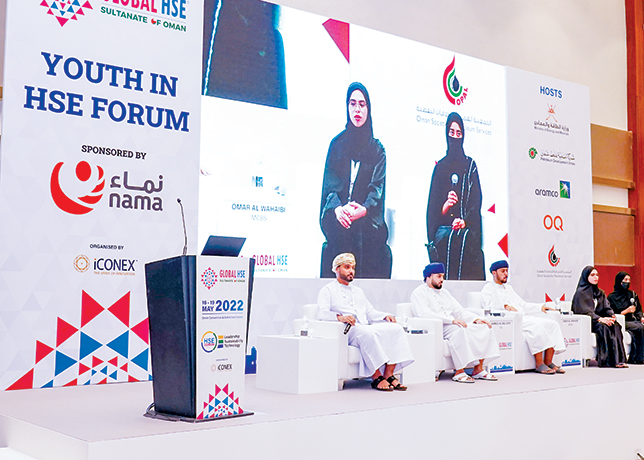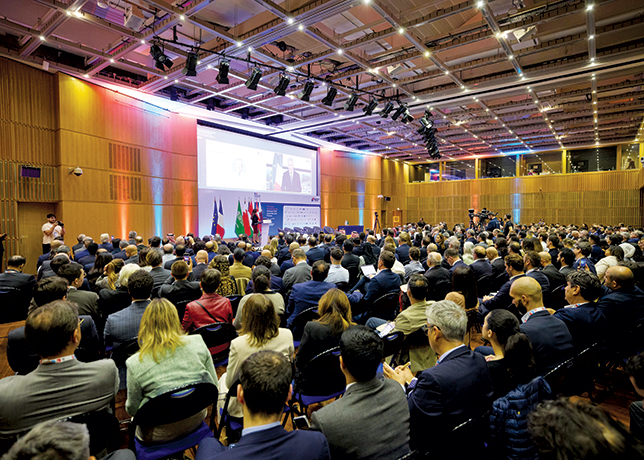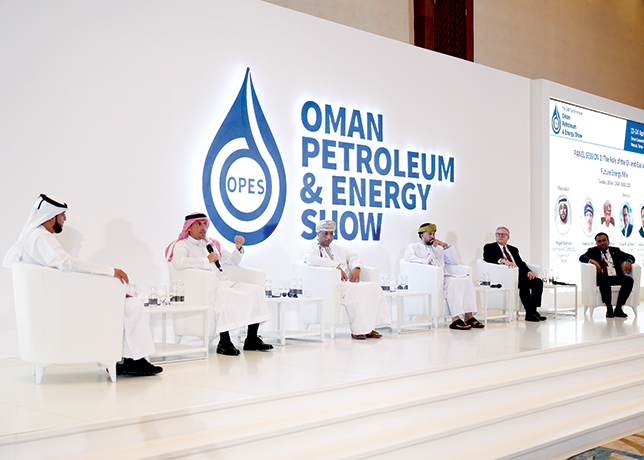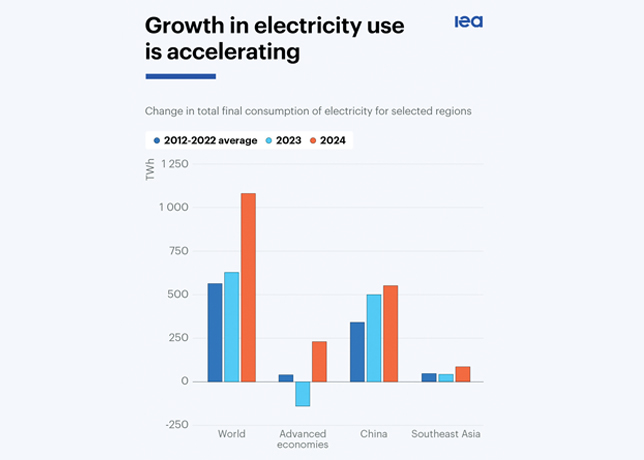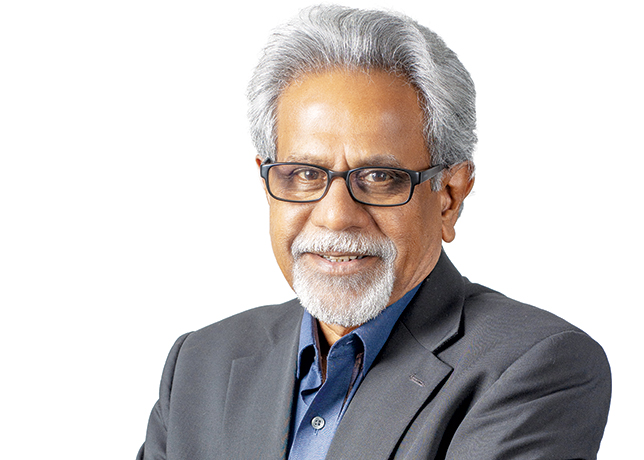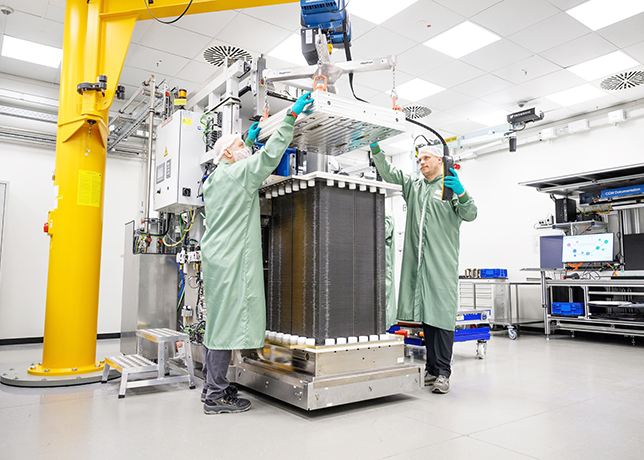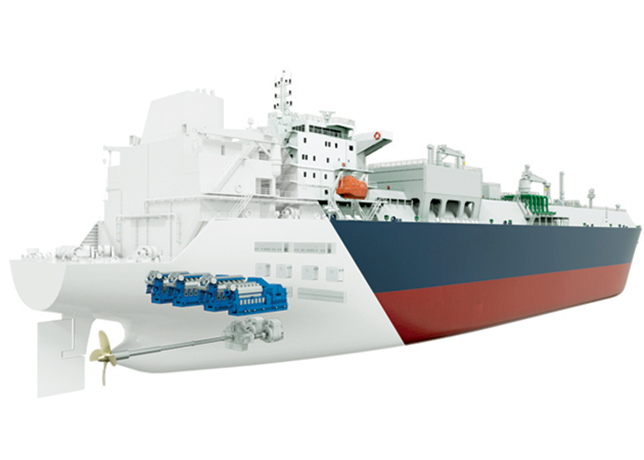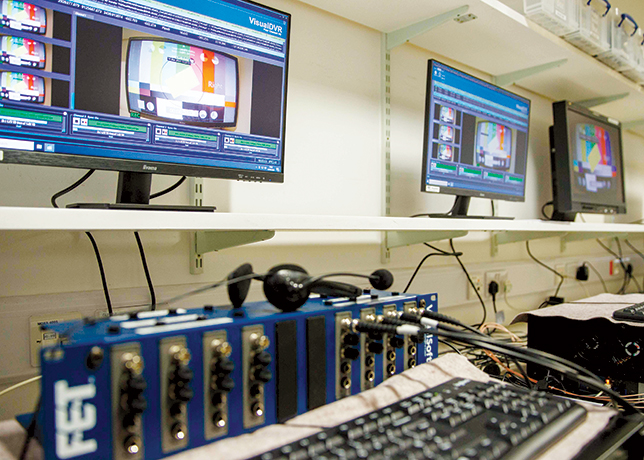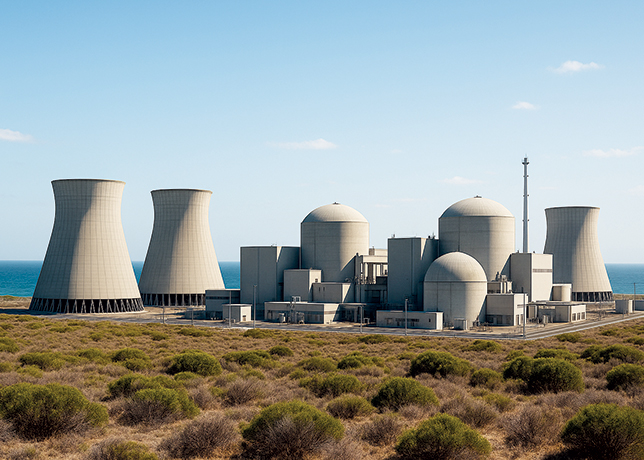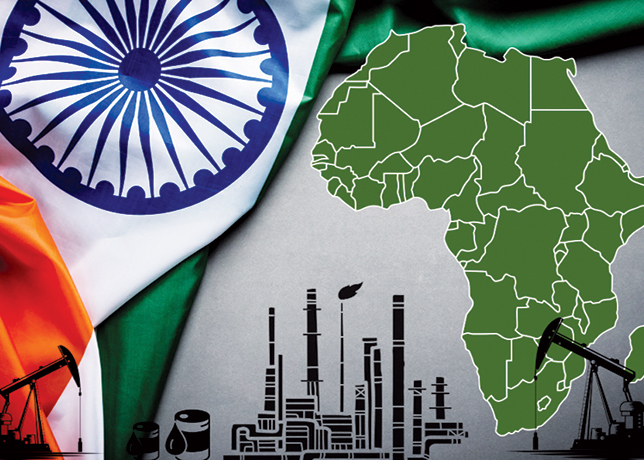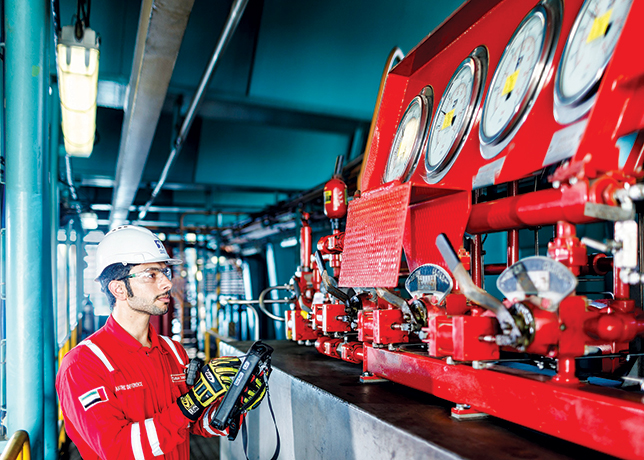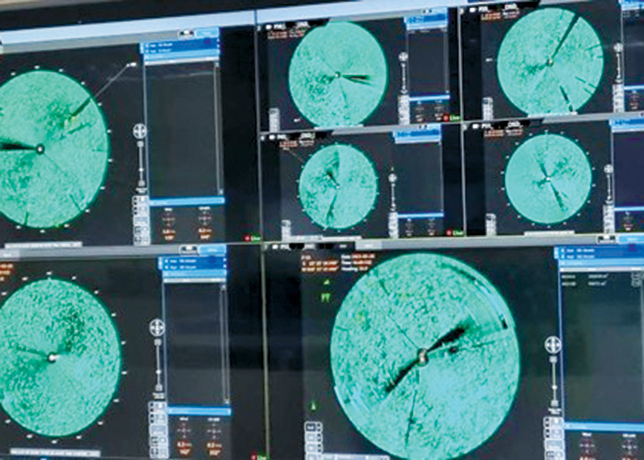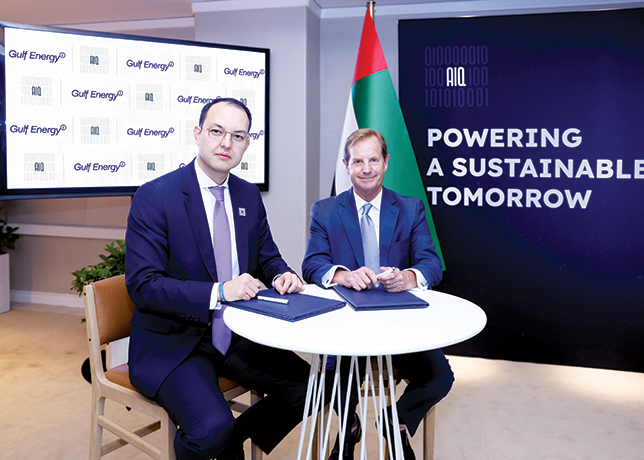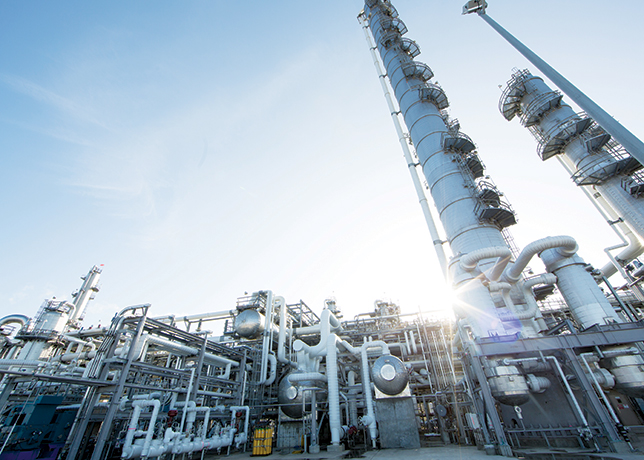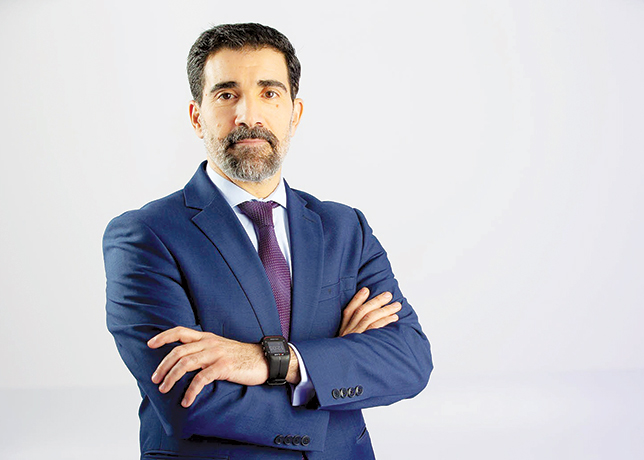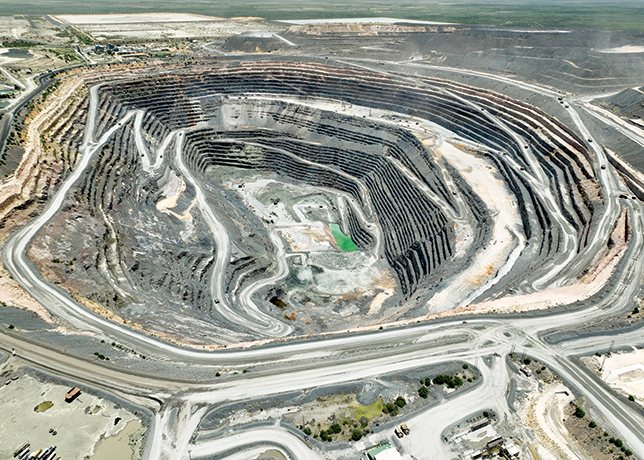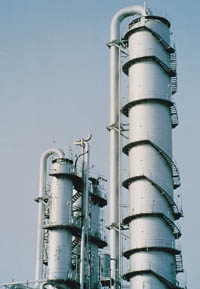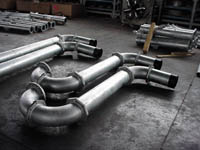
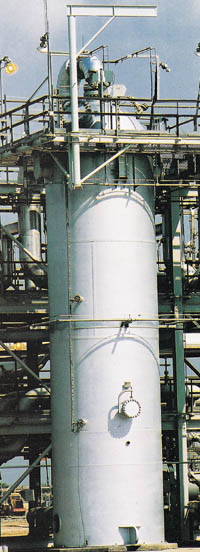
Following in the footsteps of its regional neighbours in the Gulf, Egypt is bidding to make natural gas exploration and production a priority.
To this end, a number of major gas-based initiatives have been announced in the last six months as the country shifts its focus away from oil.
Rising demand for gas in Egypt, from the power industry in particular, has spurred intense exploration activity. Egypt's combined oil and gas output is at an all-time high, though oil production is in decline, with gas production now at approximately two billion cu ft per day. The country has also uncovered some two trillion cu ft of gas this year as the geographical focus of Egypt's national energy industry moves from oil in the Gulf of Suez to Nile Delta gas.
The Egyptian government has been proactive in the provision of gas, undertaking changes to the domestic gas industry by providing new terms and conditions for gas concessions in a country where, historically, gas has hitherto had little worth.
The changes will, according to officials, make gas much more attractive as an economic commodity.
The standard concession agreement allows an exploration company to drill for oil and gas at its expense, and to develop reserves through a 50-50 joint venture company with the state-owned Egyptian General Petroleum Corporation (EGPC).
Egypt also plans to set up a holding company to control production and export of the rapidly expanding natural gas sector.
The Natural Gas Holding Company (NGHC) will administer gas separately to oil, and will, according to reports, comprise all the production, transport and distribution companies owned wholly or partly by EGPC.
The company will work with Egyptian and foreign companies to finance the production and export of natural gas.
In view of improved terms for gas, several international oil and gas companies are busy developing the infrastructure to tap Egypt's resources.
Shell is set to be the biggest gas operator in Egypt, with stakes in companies representing one third of Egypt's gas production.
Upstream, Shell was awarded the North East Mediterranean Deepwater (NEMED) Concession in 1998 and is hoping to find considerable quantities of both gas and oil in the block.
Shell's presence in Egypt - traditionally strong - has been further strengthened in the downstream gas sector with its recent acquisition of an 18 per cent shareholding in Natgas - a gas distribution company which has been awarded a 20-year concession to build and operate a natural gas transportation and distribution network.
Shell has also acquired a 95 per cent shareholding in Fayum Gas, which has signed a 20-year concession with EGPC to provide natural gas to customers in the Fayum Governorate.
Shell also holds a 49 per cent stake in Badr El Din Petroleum Company (Bapetco), which is currently producing 600 million cu ft per day of gas from the Obaiyed and Badr El Din fields.
Finally, Shell has a 20 per cent stake in the Rashid Petroleum Company (Rashpetco) gas processing plant.
The plant was built to develop and produce gas and condensates from the Rosetta Concession offshore the Nile Delta. Having come onstream earlier this year with an initial capacity of 100 million cu ft per day, the plant's ultimate production capacity will be 275 million cu ft per day by the middle of next year, which will be supplied to EGPC under a 20-year contract.
The Rosetta Concession was awarded in 1995 with the shareholders being Shell (40 per cent), BG (40 per cent) and Edison (20 per cent). The Concession had been awarded to other companies in the past, but none had been successful and their licences were dropped.
Rosetta development began again in 1999 in the P-1 block, and a number of wells have so far been drilled through an offshore platform. Two more blocks remain to be explored.
Gas and condensate production started at the beginning of this year, with the gas piped to the Rashpetco plant for onward distribution to the Egyptian national grid and condensates pumped to the Western Desert Production Company (Wepco) for processing and distribution.
The BG Group plans to make the Rosetta field the new hub for Egyptian gas following its commercial start-up, and is also part of the company's aim to further exploit the West Delta Deep Marine discoveries, the largest gas finds ever made in the country.
BG and Edison took up the West Delta Deepwater Marine Concession - North of Rosetta - and successfully drilled wells in the Scarab and Saffron fields in 1995. Today, Rashpetco is also developing these two gasfields, the first deepwater project in Egypt and the Middle East. The two fields are expected to be producing 530 million cu ft per day of gas by 2003.
BG has said that its success rate in gas exploration in Egypt is ''extraordinary.'' The company has large uncommitted reserves of six trillion cu ft in Egypt, and these have led to the company, with Italian firm Edison, to consider a $900 million, two-train liquefied natural gas (LNG) processing and export facility at Idku.
With an eye on potential markets in the US, Italy and Spain, BG sees Egypt as a viable, and highly attractive option for an LNG plant.
The company was said earlier this year to be in talks with potential buyers with a possible first cargo in 2005.
Lower development costs are thus beginning to make Egypt's deepwater treasures economically viable.
BP announced in May a significant gas find in its offshore North Alexandria concession in Egypt. Block operator BP Egypt said that the Fayoum well followed the Taurus-1 find on the block. A BP official has said that the company was hopeful of commercial success for the block. More recently, BP has discovered another 500 billion cu ft of gas at the Libra well, taking the total amount of gas found by the company and its partners in the Western Nile Delta during the past two years to more than two trillion cu ft.
BP has been busy building up its uncommitted reserves to support a joint plan with Italy's Eni for two LNG export trains of four billion cu m per year each. According to reports, BP and Eni would be the buyers of the LNG production from the facility, which is expected to come onstream in 2004 using gas from EGPC.
Independent oil and gas company Apache Corporation announced a new-zone discovery of gas earlier this month in its Khalda concession.
The Khalda concession is the most valuable property in Apache's worldwide portfolio following its recent acquisition of Spanish firm Repsol's interests.
Also earlier this month Canada's Centurion Energy found two gas-bearing zones which, according to a company official, significantly increases reserves in the southern part of the El Manzala concession in the Nile Delta.
Once reserve estimates for the Gelgel-1 discovery are determined, an amendment to the existing Abu Monkar Area Plan of Development will be submitted to EGPC, the company said. Upon approval, Centurion intends to commence pipeline construction to tie in gas from Gelgel and Abu Monkar to the national gas grid.
In addition to the BG/Edison and BP/Eni LNG project plans, Shell is also said to be proposing a Shell Middle Distillates Synthesis (SMDS) gas-to-liquids (GTL) plant to convert gas into environmentally-friendly synthetic fuel.
Shell is also considering an LNG plant at the same location, with company officials saying that it could be onstream by the middle of 2004.
The fourth LNG project plan involves the construction of a $1 billion, 3.5 to four million tonnes per year (tpy) single-train facility at Damietta for Spanish utility Union Fenosa. The train is expected to come onstream in 2004.
In addition to LNG exports, Egypt will supply Jordan with 1.2 billion cu m of natural gas by 2003 under a 30-year accord signed between the two countries, according to reports.
This figure will be increased to two billion cu m by 2008.
The pipeline project will cost an estimated $300 million and will be undertaken by Egypt's Al Sharq Gas Company.
Egypt will also supply Libya with natural gas through a joint venture between Libya's National Oil Company (NOC) and EGPC.
The two companies will each provide 50 per cent of the $100 million capital of the Arab Company for Oil and Gas Lines, which will be responsible for the construction of a $20 million pipeline from Egypt to Libya. The pipeline infrastructure will also handle Libyan crude being transported to Egypt for refining.



